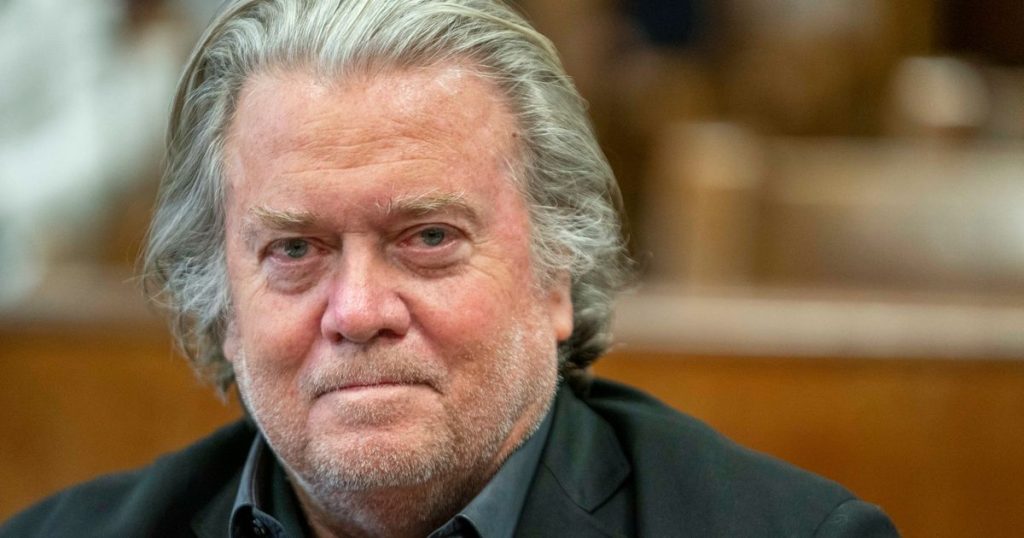Gerald B. Halt, Jr., a partner at the Washington firm of Dykema, found the ruling to be a significant victory for the rule of law, despite being a 39-page decision. Bannon had been held in contempt for refusing to comply with a congressional subpoena related to the January 6th Capitol riot investigation. The court rejected Bannon’s argument that he was immune from testifying due to executive privilege, as he was no longer employed by the government at the time. Halt emphasized the importance of upholding the principle that no one is above the law, regardless of their political affiliation.
In response to the ruling, many social media users expressed satisfaction with the court’s decision to uphold Bannon’s contempt conviction. Some users viewed it as a step towards accountability for those involved in the Capitol riot and an affirmation of the rule of law. Others praised the court for not allowing Bannon to evade his legal obligations by claiming executive privilege. The ruling was seen as a victory for the principle that all individuals must comply with lawful subpoenas, regardless of their position or political connections.
The contempt conviction against Bannon was seen by many as a positive development in the ongoing investigation into the events of January 6th. Bannon’s refusal to cooperate with the congressional subpoena was viewed as a deliberate attempt to obstruct the investigation and withhold crucial information. By upholding his contempt conviction, the court sent a strong message that individuals cannot evade accountability or obstruct justice by refusing to comply with lawful orders. This ruling was seen as a step towards holding those responsible for the Capitol riot accountable for their actions.
Critics of the ruling argued that it set a dangerous precedent for future cases involving executive privilege and congressional subpoenas. Some believed that the court’s decision could have far-reaching implications for the balance of power between the executive and legislative branches of government. They raised concerns that the ruling could be used to compel former government officials to testify on a wide range of topics, potentially infringing on their rights and privacy. Others questioned whether the court’s decision was politically motivated, given Bannon’s affiliation with former President Donald Trump.
Despite the controversy surrounding the ruling, many legal experts and commentators praised the court for upholding the rule of law and ensuring accountability for individuals who refuse to comply with lawful orders. They emphasized the importance of holding individuals like Bannon accountable for their actions and preventing them from obstructing investigations or withholding crucial information. The ruling was seen as a victory for the principles of transparency, accountability, and the rule of law, which are fundamental to a functioning democracy.
Overall, the federal appeals court ruling upholding Steve Bannon’s contempt conviction was met with a mix of praise and criticism from social media users and legal experts. While some viewed it as a positive step towards accountability for those involved in the Capitol riot, others raised concerns about the potential implications for future cases involving executive privilege and congressional subpoenas. Despite the controversy, the ruling was seen as an important reaffirmation of the principle that no one is above the law and that all individuals must comply with lawful orders, regardless of their political affiliations.








